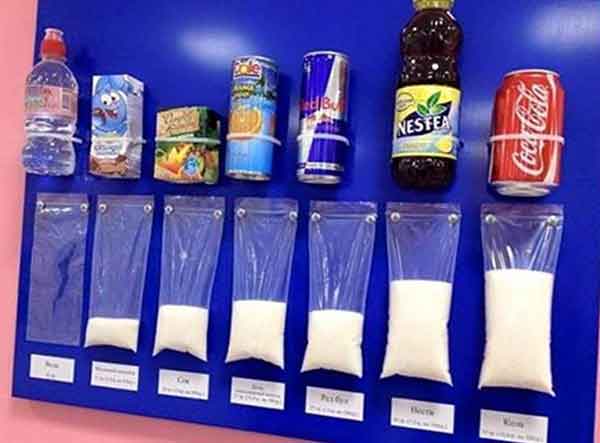THUNDER BAY – FAMILY – There are some serious implications in a report that Public Health Ontario has just released. Childhood obesity is continuing to climb, with more than thirty per cent of Canadian children now either overweight, or obese. The causes are being combined as a lack of healthy eating, too little physical activity, and too much screen time.
Parents who directly and actively engage their children in healthy living behaviour – instead of passively ‘supporting’ the behaviour – are significantly more likely to see their kids meet Canadian guidelines when it comes to physical activity, healthy eating and screen time, new research from Public Health Ontario (PHO) has found.
“In Canada, more than 30 per cent of children are overweight or obese,” says Dr. Heather Manson, chief of health promotion, chronic disease and injury prevention at PHO. “Given the important role parents play in the lives of their children, we were keen to determine what types of parental behaviours were more likely to be associated with healthy living for their children. We learned that simple encouragement is not enough – active parental support is essential.”
Dr. Manson and fellow PHO researchers Daniel Harrington and Evelyn Pyper looked at the relationships between parental support for their children’s physical activity, healthy eating and screen time behaviours and the likelihood that their child was meeting Canadian guidelines for healthy living.
- Physical activity – parents who reported taking their children to places where they could be physically active (e.g., parks, playgrounds, sports programs) were twice as likely to report that their kids met physical activity guidelines. Another finding was that parents who took part in physical activity with their children were 35 per cent more likely to report that their kids met physical activity guidelines compared to those who did not.
- Canadian guidelines suggest that kids between 5-17 years old take part in at least 60 minutes of moderate to vigorous intensity physical activity per day.
- Healthy eating – parents who served raw fruits and vegetables as snacks between meals were almost five times more likely to report that their kids met fruit and vegetable (FV) guidelines. Parents who regularly eat meals with their family away from the TV were 67 per cent more likely to report that their kids consumed the recommended daily amount of fruits and vegetables compared to parents who did not.
- Canadian guidelines recommend 4 to 8 servings per day, depending on age and sex of child.
- Screen time – parents who enforced rules about their kids’ screen time were twice as likely to report that their kids met screen time guidelines. Interestingly, the researchers found that kids were less likely to meet screen time guidelines if families watch TV together or if there were several TVs in the house.
- Canadian guidelines recommend that kids 5-17 years of age limit recreational screen time to no more than two hours per day.








